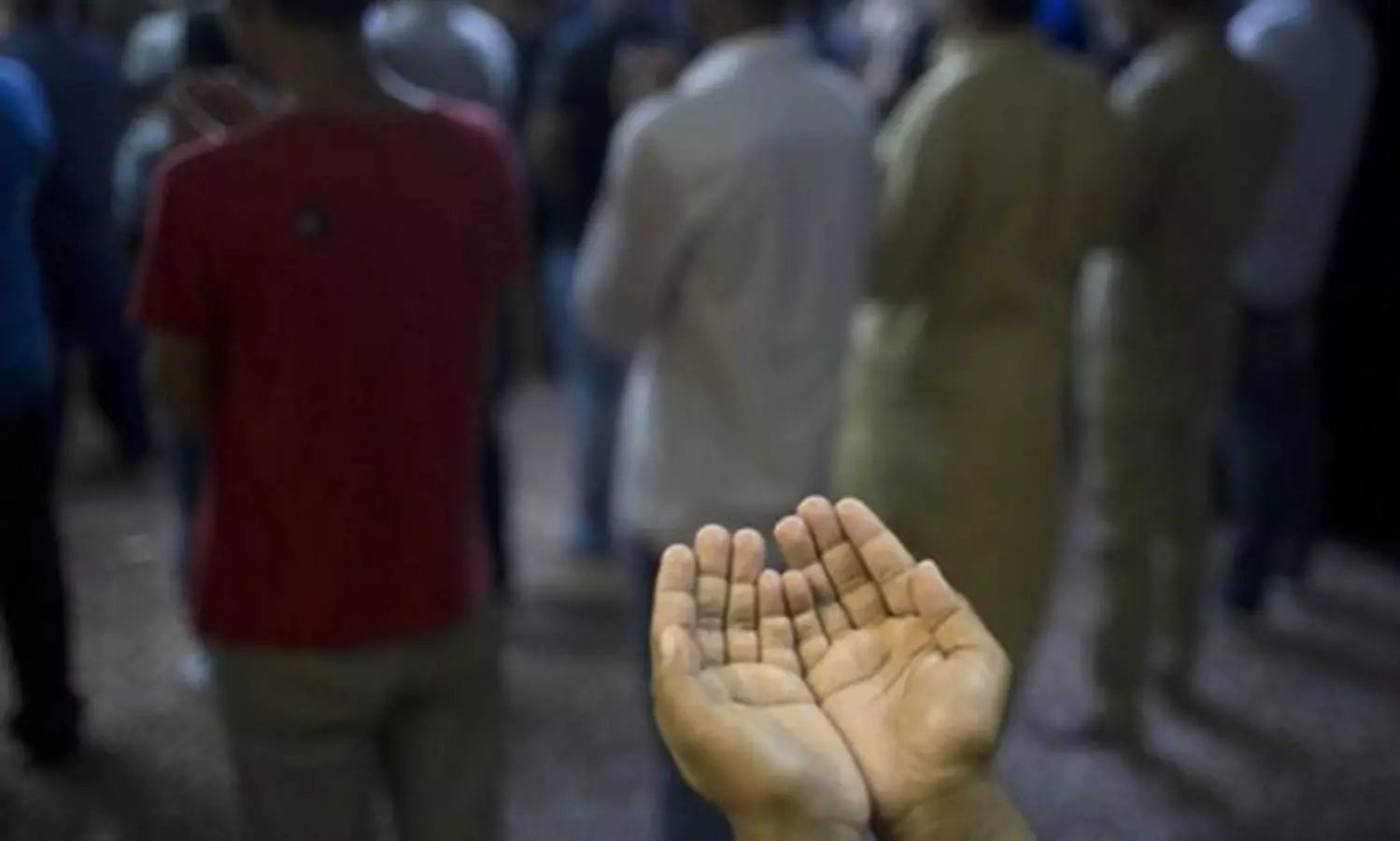
Vetting of Friday sermons: Owaisi asks, 'Do we need BJP's permission to worship?
text_fieldsIn an attempt to stifle free speech within the Islamic community, the Chhattisgarh Waqf Board has mandated that all sermons delivered during Friday prayers in mosques across the state be vetted in advance, to prevent believers from being fed anti-government sentiments.
Salim Raj, the newly appointed chairman of the board, issued the directive, stating that he did not want religious places to be used for political discourse, reportedly in response to reports of ‘anti-government’ rhetoric being made during religious sermons at mosques in the BJP-ruled state.
However, the directive has drawn criticism from both community and political leaders, with Asaduddin Owaisi, the chief of the All India Majlis-e-Ittehadul Muslimeen (AIMIM), and the Congress stating that the directive is against the Constitution.
The Waqf Board of the BJP government in Chhattisgarh has mandated that before delivering the Jummah (Friday) sermon, the khatib (the person who delivers a sermon during Friday or Eid prayers) must have the sermon checked by the Waqf Board and cannot deliver it without the Board’s permission.
The Hyderabad MP, in response, questioned whether the BJP was now deciding what constitutes religion and whether one would need their permission to practice it. He argued that the Waqf Board had no legal authority to impose such regulations and, even if it did, it would violate Article 25 of the Constitution.
According to Raj, the primary objective of the directive is to ensure that sermons strictly adhere to Islamic teachings, without delving into political matters. He emphasized that mosques should not be used as platforms for political discourse and that religious leaders should focus solely on Islamic principles and the message of Allah during prayers.
The Congress party also condemned the directive, claiming that while the Waqf Board is authorized to manage waqf properties, it has no legal power to regulate or restrict the content of religious sermons. The party views the move as an attack on the freedom to practice and express religious beliefs.
In contrast, the BJP has defended the decision, framing it as a necessary step to prevent the misuse of mosques for political purposes. Party spokespersons highlighted incidents in other regions, such as Kashmir, where political fatwas reportedly contributed to violence and social unrest. The BJP argued that such a move would safeguard the state from anti-national elements using religious gatherings for divisive purposes.
The new regulations will take effect this Friday, with letters outlining the directive to be sent to the approximately 3,800 mosques in Chhattisgarh. The controversy surrounding this move underscores the ongoing tension between political control and religious autonomy in the state.











